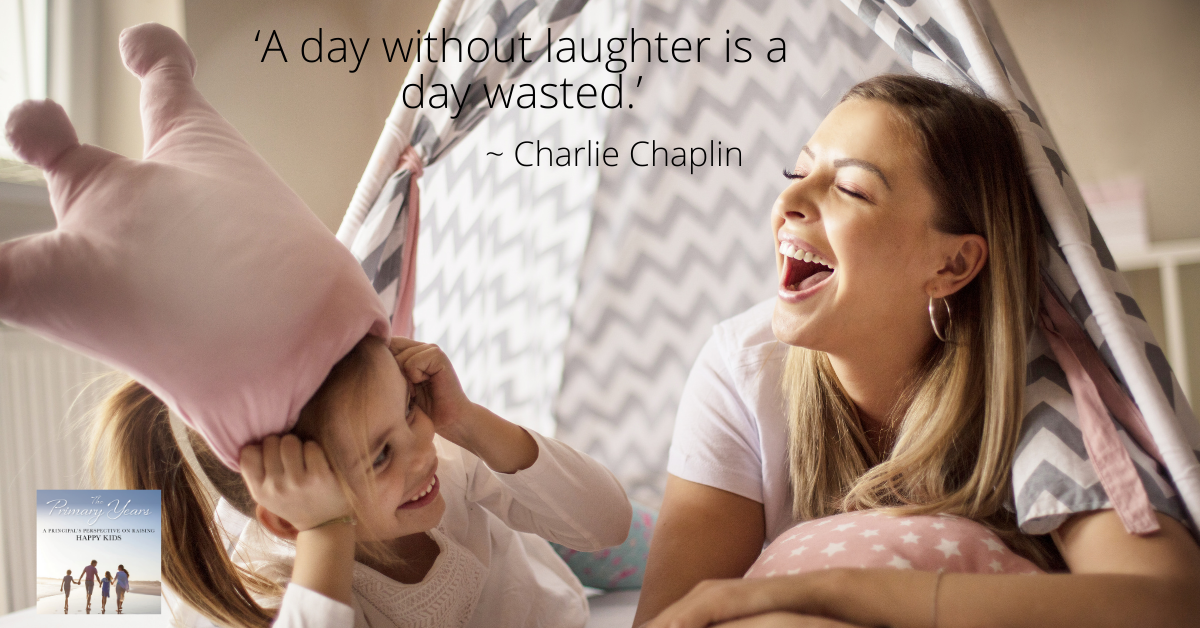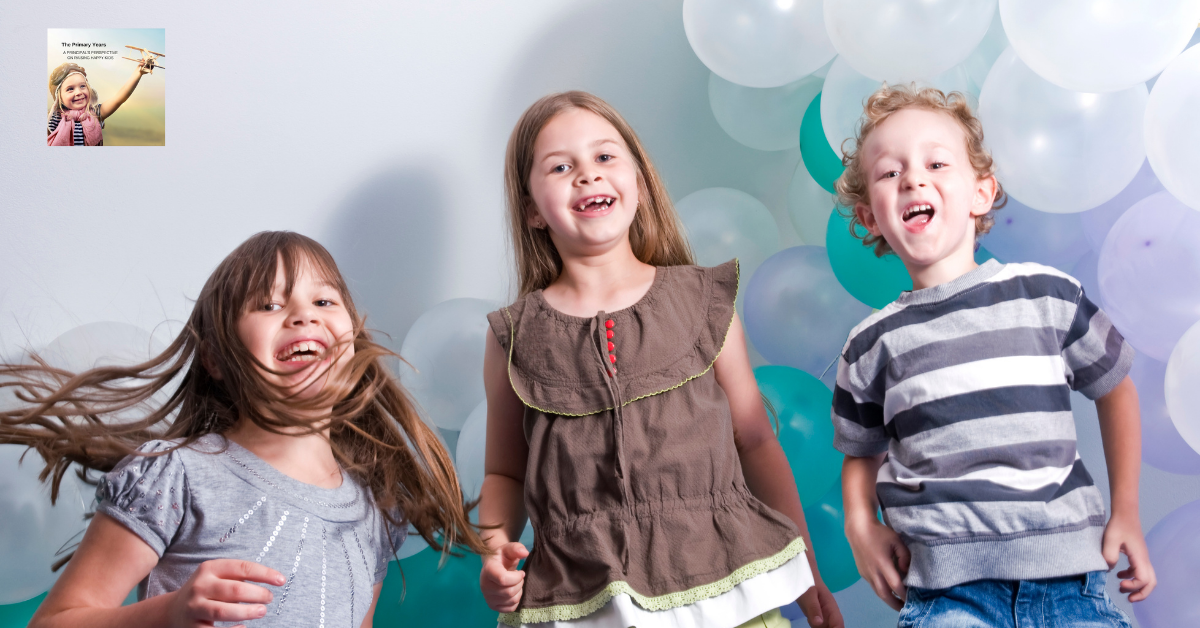The image of Santa, the smiling man with a white beard and a red oversized suit, the giver of gifts, the jolly warm souled person who can only imagine making people, especially children happy, is, after all, a powerful image of pure joy. He makes us feel happy and brings us closer to connecting with others. So, if we cannot believe in the real image of Santa, create in your own mind, the spirit of Santa who brings us all together to simply create a feeling of happiness.
We all need a little Santa in our life and Christmas can be that time when we all come together, exchange gifts to acknowledge our love for our children and each other and reflect more deeply on the gift of family and friends. This may of course, also highlight aspects of family that are not intact and sadness can be close to the surface. Absence and loss can be very real at this emotional time. However, maybe these unsettling thoughts can enrich us by concentrating and enjoying in what we do actually have in our life.
The concept of jolly Santa, the universal lover of people and goodness is also about raising awareness of giving to those who are less advantaged. Ideas such as discrimination, prejudice, isolation. competition should be far from our minds and action at this time of year. They should fade away, as we focus on all that is good and wholesome in our life.
This is a wonderful time as a parent to raise your child’s awareness of giving to others. Perhaps take them to a communal giving tree to offer a gift to another child less likely to receive a gift. There are plenty of charities very active at this time of year where families can tap into supporting them. Also, teach your child about their mission and direction to support others less blessed in life.
By bringing your child into a deeper awareness of the message of Christmas, you are teaching them about sharing, social justice matters at your local level and above all, teaching them that by giving you actually receive so much more. You then morph into the spirit of Santa where you recognise that by giving, sharing and celebrating each other, the world is a better, happier place.
Christmas is a highlighted time to draw attention to supporting and loving each other a little more. So let’s Santarise ourselves a little as we get closer to the big day. It can’t hurt to be more optimistic, more engaging with your children and happier.
I think Santa is for everyone and could be in anyone, if they enlighten the family, the giving nature of Christmas and the message of love and connection.













